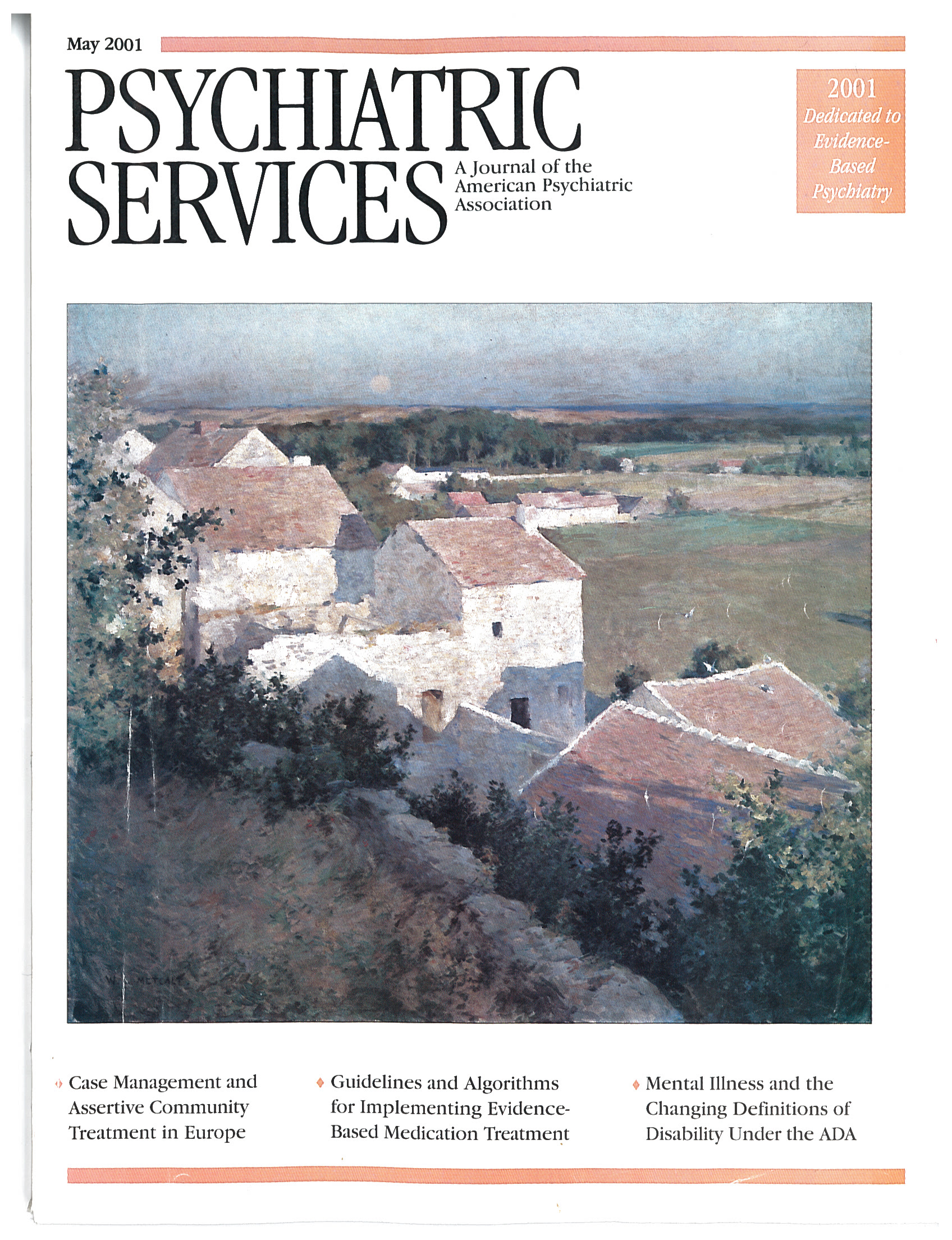A Conceptual Model of Recovery
To the Editor: In his commentary on our conceptual model of recovery (1), Herbert Peyser, M.D. (2), presents an "exposition and a forceful advocacy" for the conceptual model held by most of the psychiatric establishment: the biomedical model of mental illness. As Dr. Peyser explains, this model views individuals with mental illnesses as "human beings . . . caught in disease processes inflicted upon them." Such disease processes "can subvert a patient's thinking process so that the disease-driven symptoms may be rationalized. The patient's self has been completely taken over by the disease." Under these exigencies, Dr. Peyser argues, psychiatrists and other health care providers are obligated to intervene, often by imposing "external restraints" that "operate in the direction of the deeper freedom."
The conceptual model we described, the recovery model, questions some of the assumptions of the biomedical model, and in so doing challenges its hegemony. For example, many consumers dispute that it is the "disease" that has "taken over" their selves. Rather, they argue that it is the stigma within and outside the psychiatric community, the restrictions on growth and autonomy, and the abuses perpetrated by the mental health system that present greater threats to the self. Taking its cue from the disability rights movement, the recovery model shifts our focus away from the "diseased" individual and toward the mental health services and systems and the larger society, which create the conditions under which individuals experience mental illness.
Dr. Peyser fails to engage the model's emphasis on this broader sociopolitical context of treatment. In the doctor-patient dyads he describes, power resides with the physician, leaving intransigence as the only protest available to the patient. The recovery model calls for a more equal distribution of power between providers and consumers—and for the systemic and societal changes that support this redistribution. Although power sharing may increase the "risk" for consumers and for providers, it also has the potential to increase their mutual freedom.
Dr. Peyser bemoans the fact that our article is not "a scientific document." He notes that "no evidence is presented that providing treatment in accordance with this 'recovery model' . . . will have much effect on the real course of a mental illness." Although our article was not based on biomedical science, it is a descriptive analysis based on social science research. We agree that at present there is no research-based evidence about the outcomes of applying the recovery model. Public mental health authorities are still in the early stages of implementing "recovery-oriented" services, and researchers are just beginning the studies that will allow us to cite evidence for or against their effectiveness.
Dr. Peyser attributes to the recovery model "a goal of eliminating involuntary commitments." A more careful reading of our article would show that ending involuntary commitment is cited as an example of activism undertaken by some recovery advocates in the name of human rights. As a psychiatrist in private practice, Dr. Peyser presumably would be in greater accord with our second example—recovery advocates who promote human rights by campaigning for parity legislation and universal access to care.
1. Jacobson N, Greenley D: What is recovery? A conceptual model and explication. Psychiatric Services 52:482-485, 2001Link, Google Scholar
2. Peyser H: What is recovery? A commentary. Psychiatric Services 52:486-487, 2001Link, Google Scholar



